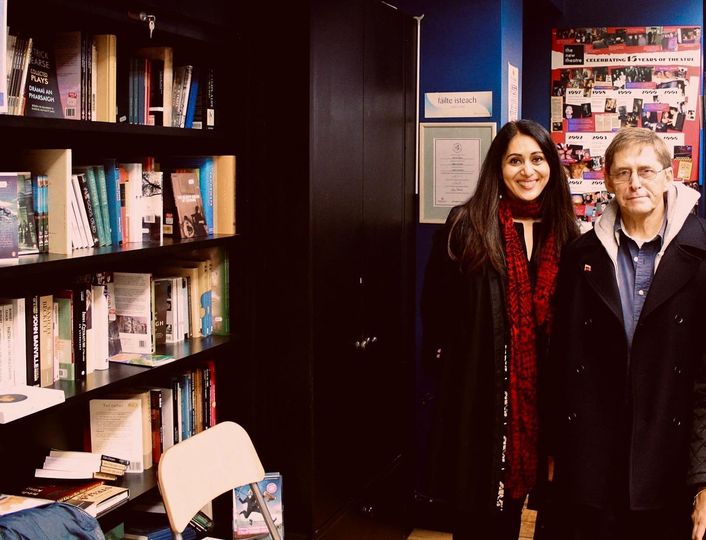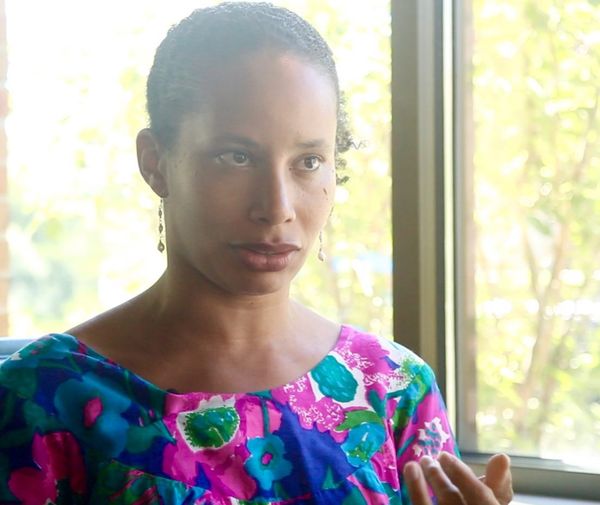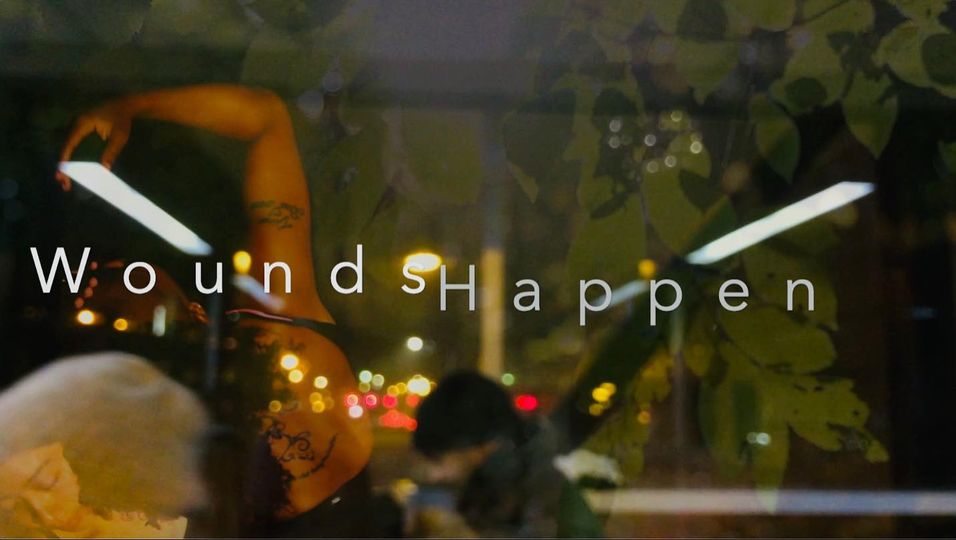as we start the new year, i can’t help but reflect on the linearity of time (a western concept imposed on many of us). i hope to continue to struggle against that programming. in urdu, for example, kal means both yesterday and tomorrow. it’s the same word. there are no borders between the past, present and future.
we lost a dear friend and comrade yesterday, on new year’s eve. my friend Robert Navan. i went to ireland three times, in 2013, 2016 and 2018. each time i met robert. he always gave me a little tour, took me out for coffee and pastries, for cuban food and beer in the most authentic pubs (even though i stuck with lemonade) and had plenty of recommendations about what to do in dublin.
most importantly, robert supported my work via the progressive film club. they screened ‘pakistan one on one’ and organized a brilliant screening/community event for ‘a thin wall’ (one of the best post-screening discussions i’ve ever had). they also put together a retrospective of my work and showed all three documentaries, including ‘the muslims i know.’
how lucky, how amazing to have audiences engage with my work, on the other side of the pond, in a country that’s special to me. i have always been proud to say i have wonderful friends in ireland, all of them opposed to war and imperialism, all of them fervent supporters of justice in palestine. robert was/is one of them. an old school socialist who had been to cuba many times. he told the best stories. they will continue to be with me. how i will miss him. rest in power my friend <3
















